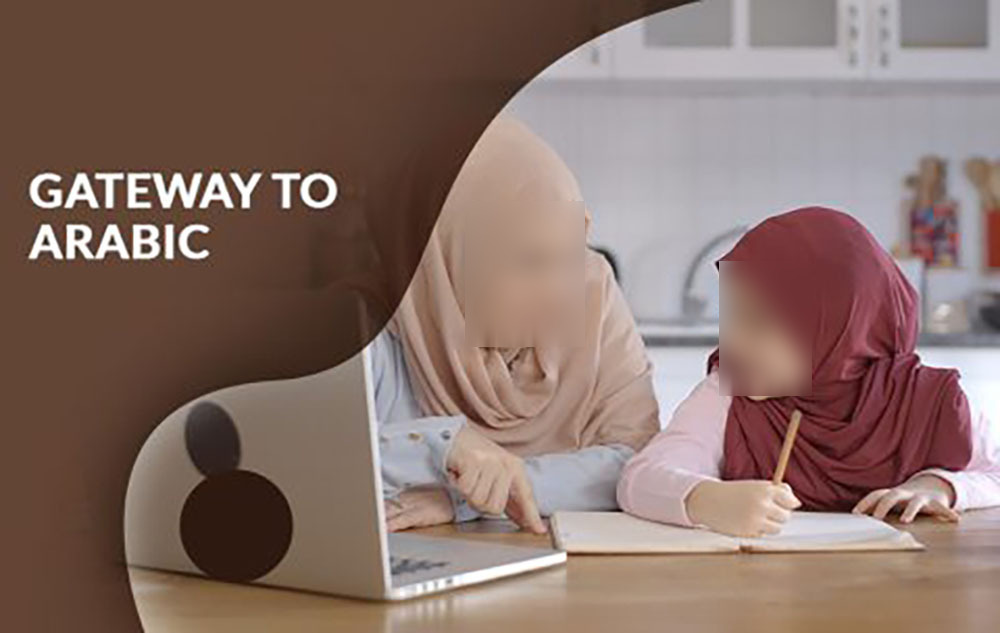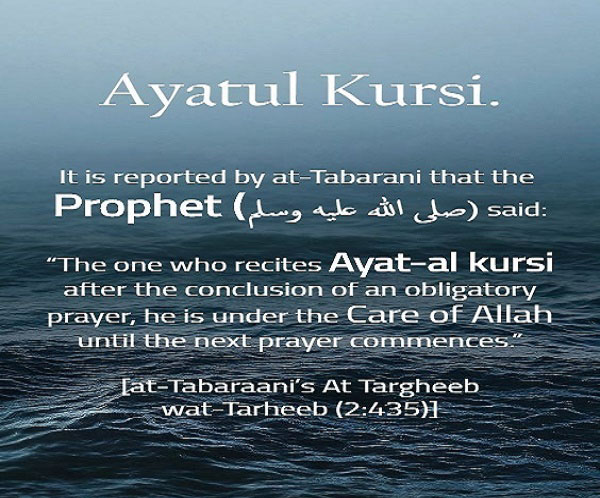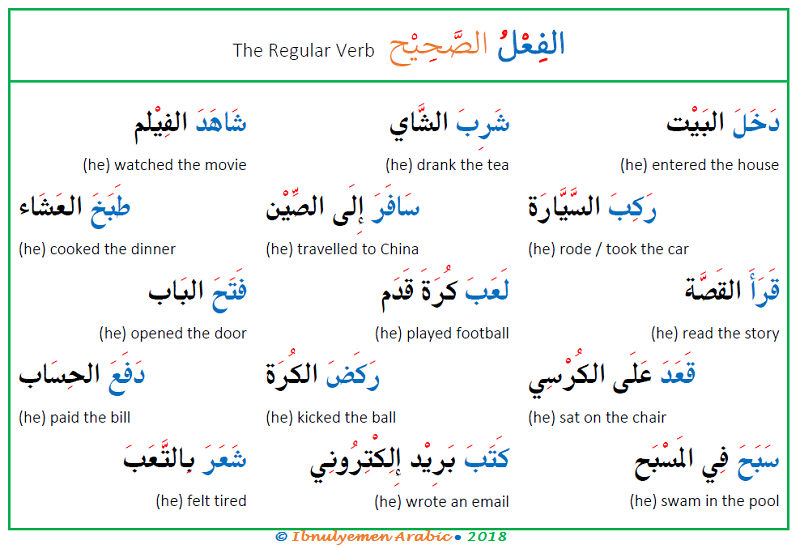Comprehensive Arabic: A Holistic Approach

Comprehensive Arabic: A Holistic Approach to Mastering the Language Learning Arabic is essential for those who wish to deepen their understanding of the Quran and connect more profoundly with its teachings. The Quran is written in Classical Arabic, which has a unique linguistic style and depth that can be fully appreciated only through a proper […]
Learn the biography of the Prophet

Learn the biography of the Prophet Muhammad is revered by Muslims as the “Seal of the Prophets,” the last in a line of prophets that includes figures such as Abraham, Moses, and Jesus. His life and teachings continue to influence millions around the world, shaping religious, social, and political aspects of life in numerous societies. […]
Learning How to Read Arabic

Learning How to Read Arabic and Understand Their Meanings Learning Arabic, especially focusing on reading and understanding meanings, can be rewarding but challenging. Arabic is a rich language with deep historical, cultural, and religious significance. So you can depend on professional online courses and resources that help you achieve this goal. Al-dirassa Institute’s online courses […]
Why is Pork Forbidden in Islam?

Why is Pork Forbidden in Islam? Pork comes from pigs and wild animals like boars. It is widely eaten in different forms in many cultures, such as pig meat, bacon, and chops. For non-Muslims, eating pork is a common part of daily life, and it is used in everything from traditional recipes to modern dishes. […]
Why Ayatul Kursi is the Most Powerful Verse in the Quran?

Why Ayatul Kursi is the Most Powerful Verse in the Quran? https://www.youtube.com/watch?v=En4u_nfLGSI Ayatul Kursi holds great significance in Islamic teachings. It is one of the most critical verses as it contains several names of Allah (سُبْحَانَهُ وَتَعَالَى) and is a cure for bodies and souls, and this is quoted by the Prophet (ﷺ) Himself. We […]
Dua for the Deceased :Allahumma Ghfir Lahu Warhamhu

Dua for the Deceased :Allahumma Ghfir Lahu Warhamhu Dua for the Deceased: Allahumma Ghfir Lahu Warhamhu, losing a loved one immerses us in deep sorrow and introspection. In these moments, our faith offers solace through the practice of making duas (supplications) for the deceased. These supplications, drawn from the Quran and Sunnah, not only provide […]
online arabic classes for kids

The Rise of Online Arabic Classes for Kids In an increasingly digital world, online education has taken center stage, providing flexible and accessible learning opportunities for children worldwide. One area that has seen significant growth is online Arabic classes for kids. As more parents recognize the importance of multilingualism and cultural literacy, the demand for […]
Common Verbs in the Arabic Language

Common Verbs in the Arabic Language Arabic, a rich and expressive language, boasts a wide range of verbs that are essential for everyday communication. Understanding these common verbs is crucial for anyone learning the language, as they form the backbone of most sentences. In this article, we’ll explore some of the most frequently used Arabic […]
The Arabic Language Hub

The Arabic Language Hub: A Beacon for Language Enthusiasts Introduction In an increasingly globalized world, the importance of understanding diverse cultures and languages cannot be overstated. Among these languages, Arabic stands out due to its historical significance, widespread use, and the rich cultural heritage it represents. The Arabic Language Hub is a pioneering initiative dedicated […]
The Rise of Online Arabic Tutors and Teachers for Private Lessons

Online Arabic Tutors and Teachers for Private Lessons In recent years, the demand for learning Arabic has significantly increased, driven by various factors such as globalization, economic opportunities in Arabic-speaking countries, and the growing cultural interest in the Arab world. This has led to a corresponding rise in the number of online Arabic tutors and […]

